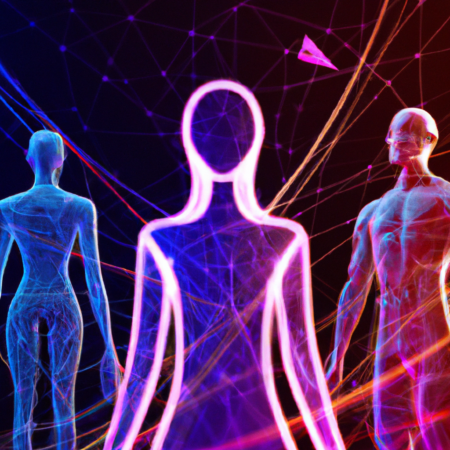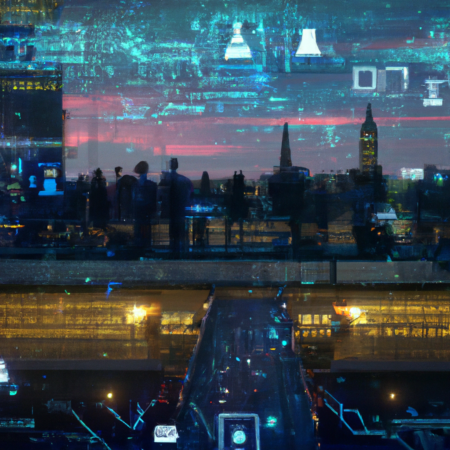Navigating the New Norms: AI Ethics & Regulation in 2025
As we delve deeper into the second quarter of 2025, the landscape of Artificial Intelligence (AI) continues to evolve, not just technologically but also ethically and legally. With AI systems becoming more integral to our daily lives, from personalized healthcare to automated transportation, the importance of robust ethical frameworks and regulations has never been more pronounced.
The Evolution of AI Ethics
AI ethics primarily focuses on ensuring that technology is developed and used in a manner that is fair, accountable, and transparent. Over the past few years, significant strides have been made in establishing guidelines that help mitigate risks associated with AI technologies. These guidelines ensure that AI respects basic human rights, fosters societal and cultural inclusivity, and promotes trust among users.
Regulatory Landscapes Across the Globe
In 2025, we see a more unified approach to AI regulation globally. Countries have been collaborating to establish cross-border standards that facilitate both innovation and ethical compliance. This global framework helps in managing the complexities of AI technology that often transcend national borders.
Impact of Regulation on Innovation
While regulation is essential for ensuring safety and accountability, there is a fine balance to be struck. Stringent regulations can stifle innovation if not carefully crafted. The focus has shifted towards creating flexible regulatory frameworks that adapt to the fast-paced evolution of AI technologies, thus fostering innovation while ensuring ethical compliance.
Ethical AI in Practice
Real-world applications of ethical AI can be seen in various sectors. In healthcare, AI-driven diagnostics are being developed with considerations for privacy, security, and fairness. In the automotive industry, ethical considerations are being integrated into the development of autonomous vehicles to ensure safety and reliability.
Looking Forward
As we move forward, the dialogue between technology leaders, policymakers, and the public will be crucial in shaping the future of AI. Continuous education and awareness on AI ethics and regulations will play a pivotal role in ensuring that AI technologies enhance societal values and do not undermine them.
The journey of integrating ethics into AI is ongoing, and 2025 marks a significant year in this evolution. As stakeholders in this dynamic field, our collective responsibility is to guide AI to be a force for good, aligning with our shared human values.






